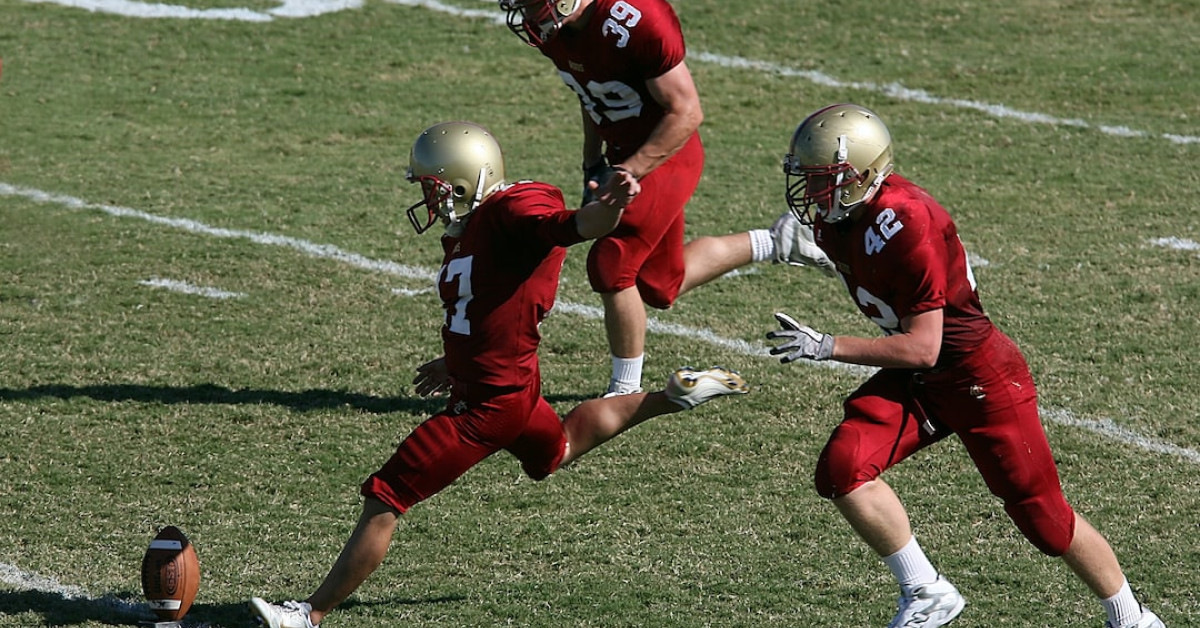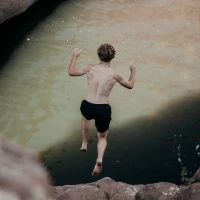As humans, we are always on a quest for inner peace and tranquility. We find solace in various activities, seeking respite from the chaos of everyday life. One such activity, often overlooked but incredibly powerful, is freediving. In the depths of the ocean, where silence reigns supreme, and time seems to stand still, we can discover the profound connection between meditation, mindfulness, and freediving. Join us as we dive into the world of freediving and explore how this awe-inspiring sport can become a gateway to experiencing pure bliss.
The Allure of Freediving
The Call of the Ocean
The ocean has always held an inexplicable fascination for us. Its vastness, its mysteries, and its untamed beauty have drawn humans towards it since time immemorial. The call of the ocean stirs something deep within our souls, beckoning us to step outside our comfort zones and explore its depths. Freediving is a sport that allows us to answer that call. Unlike scuba diving, where oxygen tanks and equipment create a barrier between us and the underwater world, freediving offers a more intimate connection with the ocean. With just a single breath, we take the plunge into a realm where we can truly let go, surrendering ourselves to the vast blue expanse.
The Power of Silence
In a world filled with constant noise and distractions, silence has become a rarity. However, beneath the surface of the ocean, silence reigns supreme. The absence of sound creates a unique environment for self-reflection and introspection. When we dive into the depths and leave behind the chatter of the surface, we are able to enter a state of profound serenity. Our senses become heightened, and we are fully present in the moment. This silence becomes the catalyst for exploring the power of meditation and mindfulness in freediving.
Mindfulness in Freediving
Connecting with Breath
At the heart of freediving lies the breath. To descend into the depths, one must master the art of conscious breathing. This is where mindfulness comes into play. By focusing our attention on the breath and becoming fully aware of each inhale and exhale, we cultivate a deep sense of mindfulness. The rhythmic nature of the breath acts as an anchor, grounding us in the present moment. As we descend into the depths, our breath slows down and becomes more relaxed, mirroring the calmness and stillness of the underwater world.
Cultivating Presence
Freediving requires a high degree of presence and awareness. Every movement must be deliberate and controlled, as the underwater environment demands respect and caution. By immersing ourselves in this environment and engaging in mindful movement, we are able to cultivate a heightened sense of presence. Each kick, each dive, becomes an opportunity to leave behind the noise of the surface world and embrace the present moment in all its glory.
Harnessing Fear and Embracing Stillness
Freediving pushes us to confront our fears and dive beyond our comfort zones. It is in these moments of discomfort and vulnerability that we have the opportunity to grow and learn. By practicing mindfulness, we can observe our fears without judgment and bring our attention back to the present moment. As we descend into the depths, our minds become still, and our fears lose their hold on us. Through this process, we gain a deeper understanding of ourselves and unlock a newfound sense of inner strength and resilience.
Meditation in Freediving
Delving into the Abyss of the Mind
Freediving provides the perfect platform for exploring the depths of our consciousness through meditation. As we descend into the depths of the ocean, our minds naturally enter a state of focus and clarity. The absence of external distractions and the rhythmic movement of the water create an ideal environment for meditation. By incorporating specific meditation techniques, such as visualization or mantra repetition, we can deepen our practice and unlock new realms of awareness.
Visualizations and Inner Journeys
Visualization is a powerful tool that can enhance our meditation practice during freediving. By creating vivid mental images of serene ocean landscapes or majestic sea creatures, we can transport ourselves to a place of inner peace and tranquility. These visualizations not only aid relaxation but also tap into our subconscious mind, allowing us to explore the depths of our emotions and fears. By delving into these inner journeys, we can release any emotional baggage and find profound healing through the combination of meditation and freediving.
Mantras and Sacred Sounds
The underwater world is teeming with a symphony of sounds, from the rhythmic pulsing of marine life to the gentle flow of currents. These natural sounds can be used as anchors for meditation during freediving. By choosing a mantra or sacred sound, we can attune ourselves to the rhythm of the underwater world and enter a state of deep meditation. The vibrations of these sounds resonate within us, creating a harmonious connection between our inner selves and the vastness of the ocean.
The Benefits of Merging Meditation, Mindfulness, and Freediving
Physical Well-being
The practice of freediving, when combined with meditation and mindfulness, offers numerous physical benefits. The repetitive movement of the body while diving promotes cardiovascular fitness and improves lung capacity. The deep state of relaxation achieved through meditation and breathwork reduces stress levels and enhances overall well-being. Additionally, the release of endorphins during the diving experience produces a sense of euphoria and boosts our mood, creating a lasting feeling of bliss.
Mental Clarity and Focus
Freediving requires a high degree of mental clarity and focus. By incorporating meditation and mindfulness techniques, we sharpen our cognitive skills and enhance our ability to concentrate. The practice of mindfulness strengthens the prefrontal cortex of the brain, the area responsible for decision-making and emotional regulation. As a result, we experience heightened mental acuity, enabling us to excel not only in the underwater world but also in our everyday lives.
Stress Relief and Emotional Healing
The practice of meditation and mindfulness in freediving offers a powerful antidote to the stress and chaos of modern life. By immersing ourselves in the silence and stillness of the underwater world, we are able to let go of our worries and anxieties. The deep state of relaxation achieved through meditation triggers the body’s relaxation response, reducing stress hormones and promoting a sense of calmness. This, in turn, allows for emotional healing and the release of pent-up emotions, leading to a greater sense of overall well-being.
Spiritual Connection
Freediving has long been associated with a sense of awe and wonder. The sheer vastness of the ocean and the beauty of its inhabitants evoke a deeper understanding of the interconnectedness of all life forms. By merging meditation and mindfulness with the practice of freediving, we tap into a spiritual connection with nature and ourselves. This connection transcends the boundaries of the physical world, offering a glimpse into something greater than ourselves.
Conclusion
Dive into bliss and unearth the power of meditation and mindfulness in freediving. In the depths of the ocean, where silence reigns supreme, we have the opportunity to embark on a transformative journey. By cultivating mindfulness and practicing meditation, we can tap into the profound connection between our breath, our mind, and the vast expanse of the underwater world. Through the merging of these ancient practices with the sport of freediving, we can unlock the true power of this awe-inspiring activity. So, take a deep breath, dive beneath the waves, and discover the extraordinary beauty that lies within.










